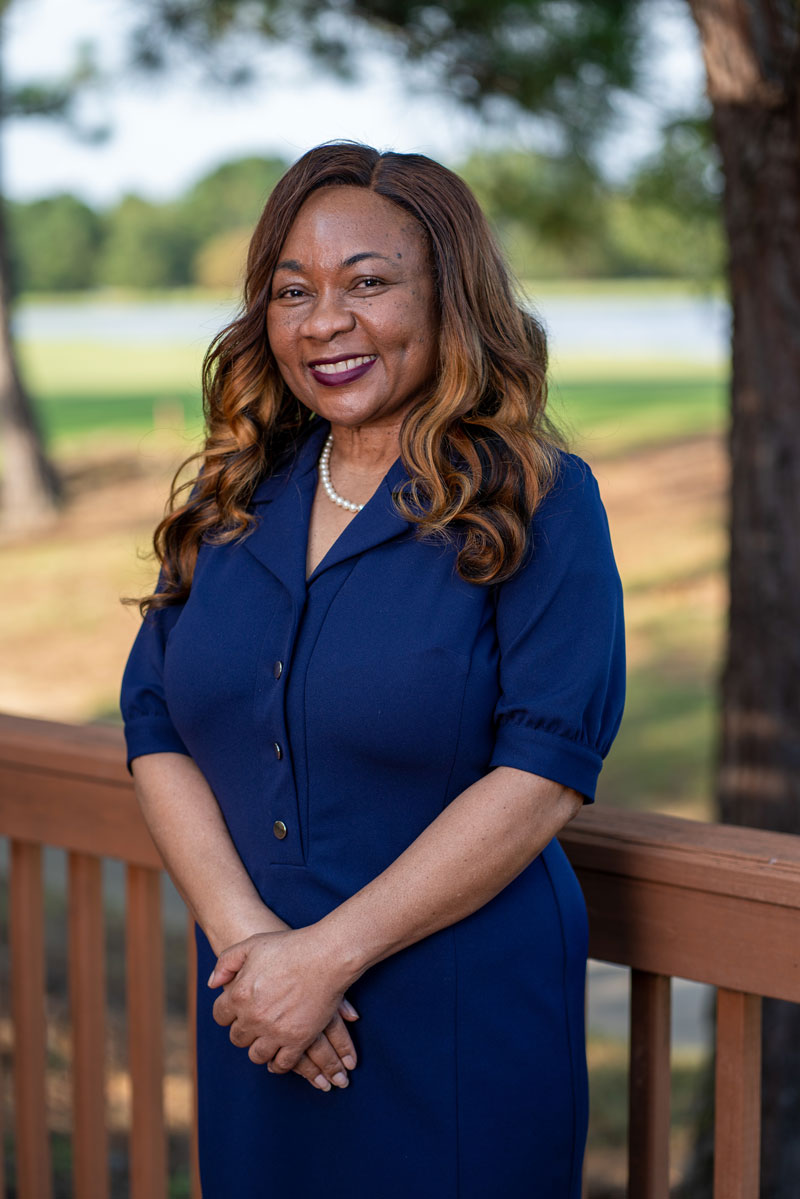
Keynote speaker: Catherine Coleman Flowers
Monday, October 14, 2024
4:00 p.m.
UAB Alumni House
As the founding director of the Center for Rural Enterprise and Environmental Justice (formerly the Alabama Center for Rural Enterprise), Flowers builds partnerships – from close neighbors, to local elected officials and regional nonprofits, to federal lawmakers and global organizations – in order to identify and implement solutions to the intersecting challenges of water and sanitation infrastructure, public health, and economic development.
Flowers grew up in Lowndes County, Alabama, an area plagued by poverty and failing infrastructure, which often results in raw sewage in yards and waterways and contaminated drinking water for residents. With a deep understanding of the historical, political, economic and physical constraints that impede the implementation of better infrastructure in the region, she has engaged collaborators across a broad range of disciplinary expertise to document how lack of access to sufficient and sustained waste treatment and clean water can trap rural, predominantly African American populations in a vicious cycle of poverty and disease.
In 2011, Flowers worked with the UN Special Rapporteur to uncover the startling level of poverty in Lowndes County and the southern United States more broadly. With the Columbia University Law School Human Rights Clinic and Institute for the Study of Human Rights, she published “Flushed and Forgotten: Sanitation and Wastewater in Rural Communities in the United States” (2019), an examination of inequalities in access to sanitation and clean water within a framework of human rights. The report exposes the extent of water contamination and sanitation problems in poor, rural communities across the country, largely due to neglect by local leaders.
Flowers also spearheaded a collaboration with tropical disease researchers focused on intestinal parasitic infections spread by way of insufficient water treatment and waste sanitation. The researchers found that hookworm–long thought to have been eliminated from the South – is in fact prevalent among the residents of Lowndes County, prompting the U.S. Centers for Disease Control to undertake a similar, larger study across the rural American South. Flowers’s testimony to the U.S. Congress led to the introduction of legislation in 2019 to address neglected diseases of poverty in the United States.
